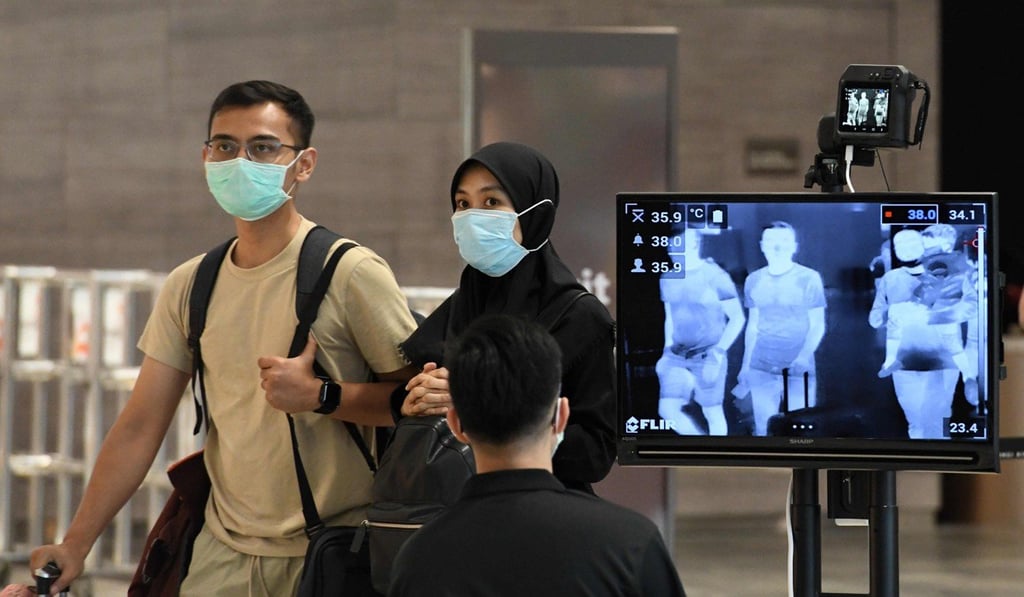Southeast Asia at risk of missing coronavirus cases amid dengue outbreak: experts
- A report by Singapore-based doctors in The Lancet has warned of the possibility of false-positive results for dengue due to its similarities with Covid-19
- Singapore, Malaysia and the Philippines are currently suffering concurrent outbreaks of the mosquito-borne disease and the novel coronavirus

Their concerns were sparked by a March 4 report by Singapore-based doctors in medical journal The Lancet that pointed to the similarities between the mosquito-borne disease and the novel coronavirus – and how this could result in false-positive results for dengue.
“Dengue and coronavirus disease 2019 (Covid-19) are difficult to distinguish because they have shared clinical and laboratory features,” wrote the group of authors from Singapore’s National University Health System, Ng Teng Fong General Hospital, and the Environmental Health Institute.
The report cited the case of two Singaporeans who initially tested positive for dengue after rapid serological testing – a term usually used for antibody tests – but were later found to have been infected with Covid-19. Neither patient had travelled to areas affected by the coronavirus, but had exhibited symptoms such as fever and coughing.
